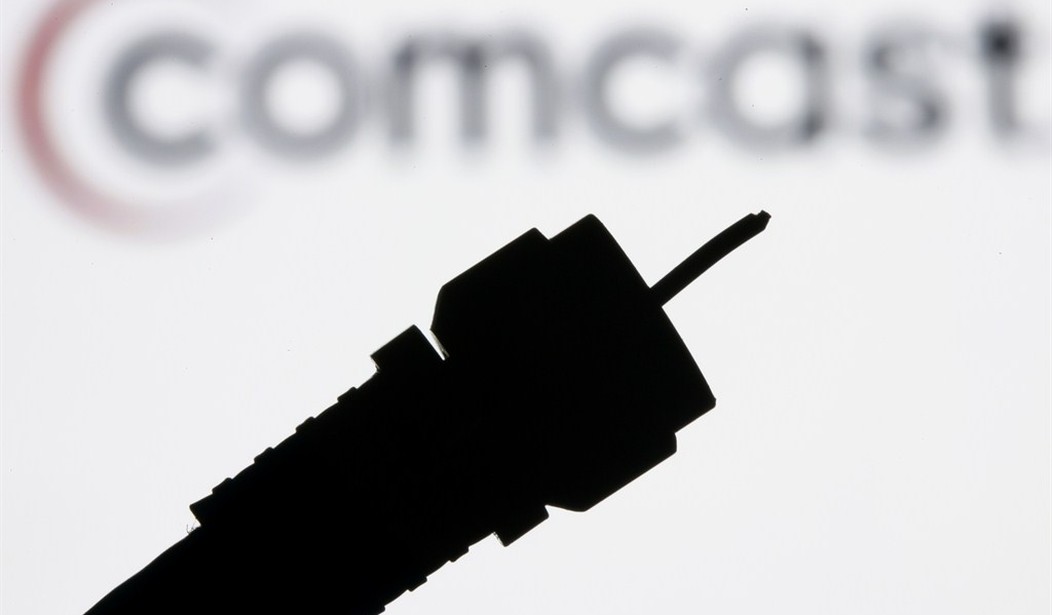Title II common carriers are required to "contribute" to what's called the Universal Service Fund - a government program to bring telecommunications services to underserved areas with the goal of universal coverage. Whether it's called "contributions" or fees or whatnot, the function of the program is a tax on corporate revenues in order to fund services for those who might not have them otherwise. It's a redistributive corporate tax paid for by consumers.
The USF tax amounts to more than a 16% charge on top of consumers' bills. As broadband service providers are not currently subject to the USF tax, a reclassification would mean that all consumers would see a jump around that size in their bill. Considering that in some locales, the cheapest broadband service runs upwards of $50 per month, this will cost even the most price-conscious consumers an extra $100 per year - and for those at higher tiers, much more than that.
FCC commissioners past and present have agreed that the this net neutrality tax is unavoidable in a Title II reclassification scenario. In a discussion at the National Press Club on Friday, current FCC commissioner Ajit Pai laid out exactly what consumers would be seeing on their bills.
Recommended
"Public utility regulation would mean higher broadband prices for consumers," Pai said. "Once broadband is classified as a telecommunications service, universal service charges would be assessed on carriers' broadband services. Many state and local taxes would automatically kick in."
"The net result is that every single American broadband customer would have to pay a new tax - or taxes - to access the internet."
An FCC decision to go with title II reclassification in order to enforce new net neutrality regulations would have a lot of deleterious effects. One of the most obvious is that it would be a tax hike on a service that the government believes is essential to American life.

























Join the conversation as a VIP Member